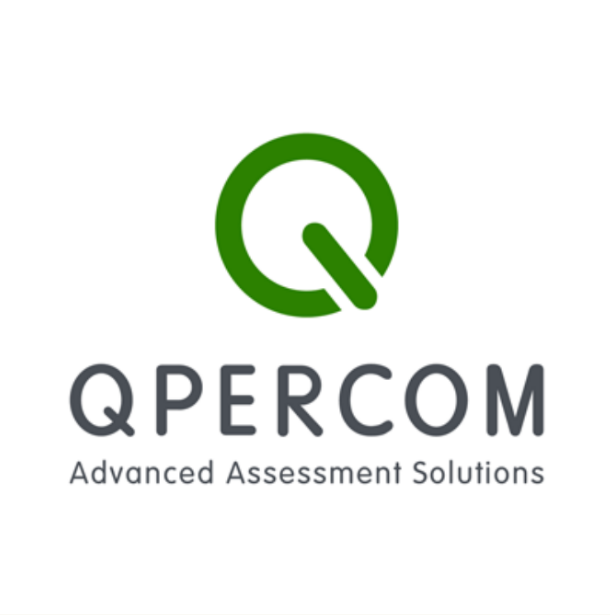Addressing Medical Assessment Discrepancies
How a University of Galway medical educator built a global company to provide reliable assessment insights to help examiners deliver more highly qualified doctors and healthcare professionals.

The journey of Qpercom, a University of Galway spin out, has been one of great resilience on the road to success. It began in 2008, when Dr Thomas Kropmans, a senior lecturer in Medical Informatics and Education at University of Galway, saw first-hand how discrepancies using the traditional paper marking process in medical and healthcare assessment grading scales, varied between examiners and universities globally.
Determined to find a solution, Dr Kropmans transitioned to the role of entrepreneur while continuing his role as a medical educator, forming Qpercom in 2008. In his new role as CEO, he combined his knowledge with the expertise of senior software engineer, David Cunningham.
Together they embarked on developing a reliable digital platform for pass or fail rate assessments of medical and health sciences students. Their motivation was to provide accurate assessment insights to help clinical examiners deliver more highly qualified doctors and healthcare professionals.
Over the past 14 years Qpercom has become a global leader in providing advanced assessment solutions and expertise to institutions worldwide. Its software solutions are used in high stakes evaluation-based exams in medicine, healthcare and volume recruitment, where assessing a person’s capabilities in a fair and accurate manner is paramount.


As a start-up, Qpercom encountered many challenges. In 2008, the software was perceived as an educational tool and a sector that investors did not openly support. Having no investor funding in place, the company proceeded with extreme bootstrapping to efficiently research, develop, and gain customer traction, to bring their product to market.
Despite the lack of funding and industry support, Thomas and David persevered with their innovative business venture.
The Business and Innovation Centre at University of Galway supported Qpercom from 2008 to 2017, providing office space and access to research and development facilities on campus. It also provided support in mentoring, business development and legal expertise.
Qpercom licenced from University of Galway certain copyright-protected material and know-how relating to in-house developed Management Information Systems technology, as part of their digital assessment portfolio. This has led to its current product offerings, which focus on clinical examinations, large scale interviews, and multiple-choice question exams.
It also provides technical support for clinical skills assessments planned within the College of Medicine, Nursing and Health Sciences in University of Galway.
In recent months, Qpercom launched Mock-OSCE.com, a direct approach to online assessment offering medical and healthcare students live remote training and access to the Qpercom assessment platform. The platform uses real actor patients and examiners to help improve the clinical communication skills of students with all users participating from home using video call technology.
There has been knowledge dissemination through scientific publications in peer reviewed journals and scientific presentations at national and international conferences. Qpercom recently carried out the first ever cross-institutional comparison of Objective Structured Clinical Examinations (OSCEs) Quality Assurance in Europe, with eight other European universities.


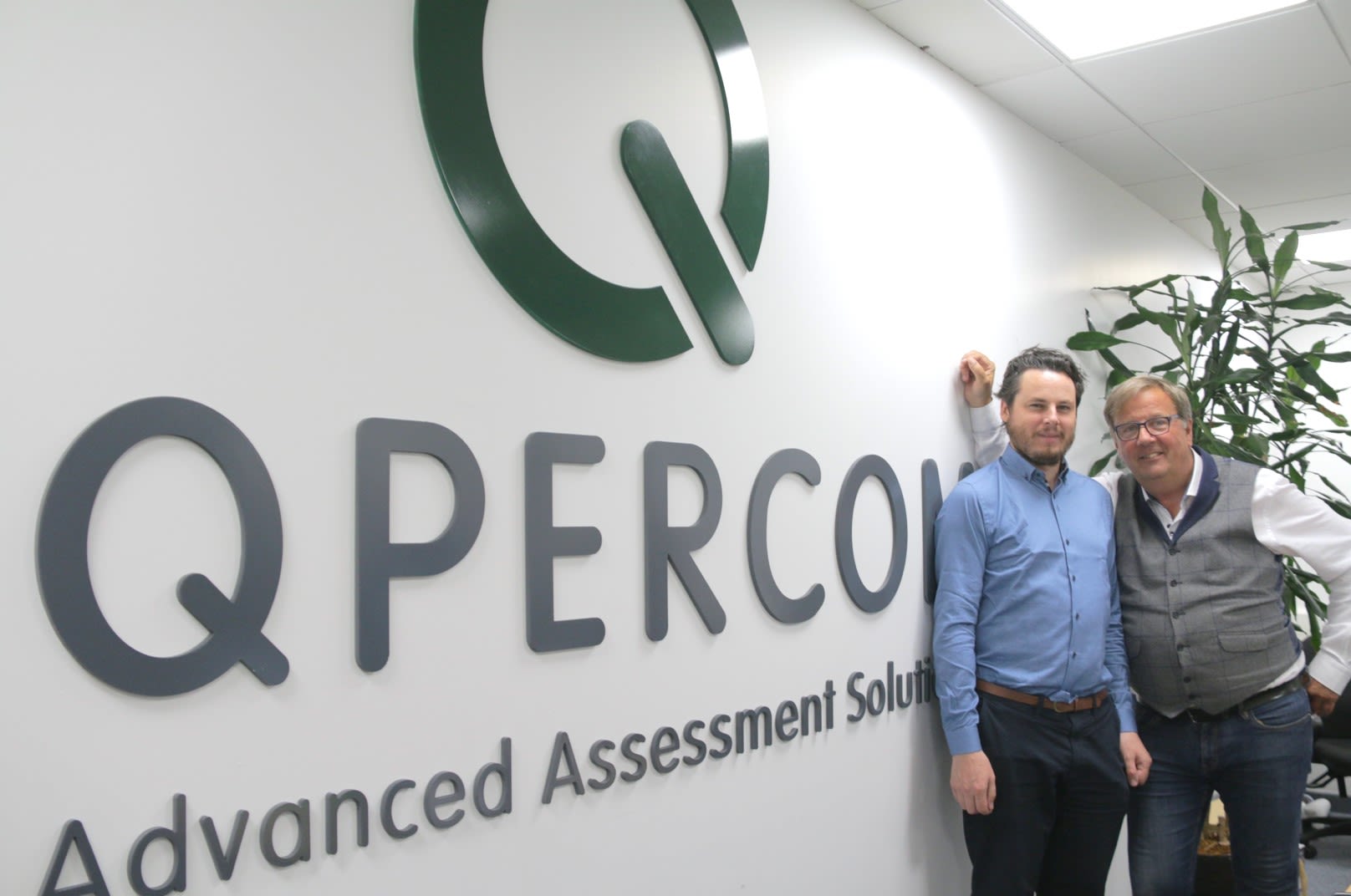
“On average, 30% of health sciences and medical assessment results contain discrepancies, which means 30% of students pass or fail for the wrong reason.”
“The Qpercom platform provides reliable assessment procedures, better designed assessment forms, and is truly improving the overall quality of the exams to ensure better and more highly qualified doctors.”
Pathway to Impact
Developed by medical educators for medical educators, the company’s digital platform, Qpercom delivers accurate and real-time exam results based on the performance of undergraduate and postgraduate medical and health sciences students, resulting in a pass or fail rate. This allows universities to replace inaccurate paper-based assessments to deliver reliable results with remote online assessments.
The online platform has led to a 70% reduction in administration time and the elimination of 30% human error by removing the traditional paper-based assessment process.
Dr Kropmans uses the following analogy: “A commercial airline pilot grabs the microphone and proudly announced that he passed his simulation exams recently. He landed smoothly in five scenario's and crashed in five others, would you stay seated? In the flight industry, the above scenario would be unacceptable, in medicine (50%) and nursing (40%), in Ireland and the UK, we stay put! Whereas in Northern and Central EU the cut-off score is 60% to 70%!”
The software applies the Standard Error of Measurement to each student's result, which determines whether they should pass or fail, due to assessment error. It makes the examiner's decision-making fairer and more confident. It also eliminates human error that in the past meant some students passed when they should not have.
Pre-Covid-19, assessments were performed physically on university campuses with many using Qpercom’s software. The company has since pivoted to a successful online product offering where students meet simulated patients/actors and examiners online. It has also extended its product offering to the healthcare volume recruitment sector.


“We have used Qpercom’s platform since 2012. Currently we are using it in the medical programme for Years 3, 4, and 6 students to ensure the development of the appropriate skillset for becoming an MD.
“We also use it with examiners from three different Swedish universities for the Medical Proficiency test for doctors educated outside EU/EES. The platforms quality and reliability has proven invaluable for us.”
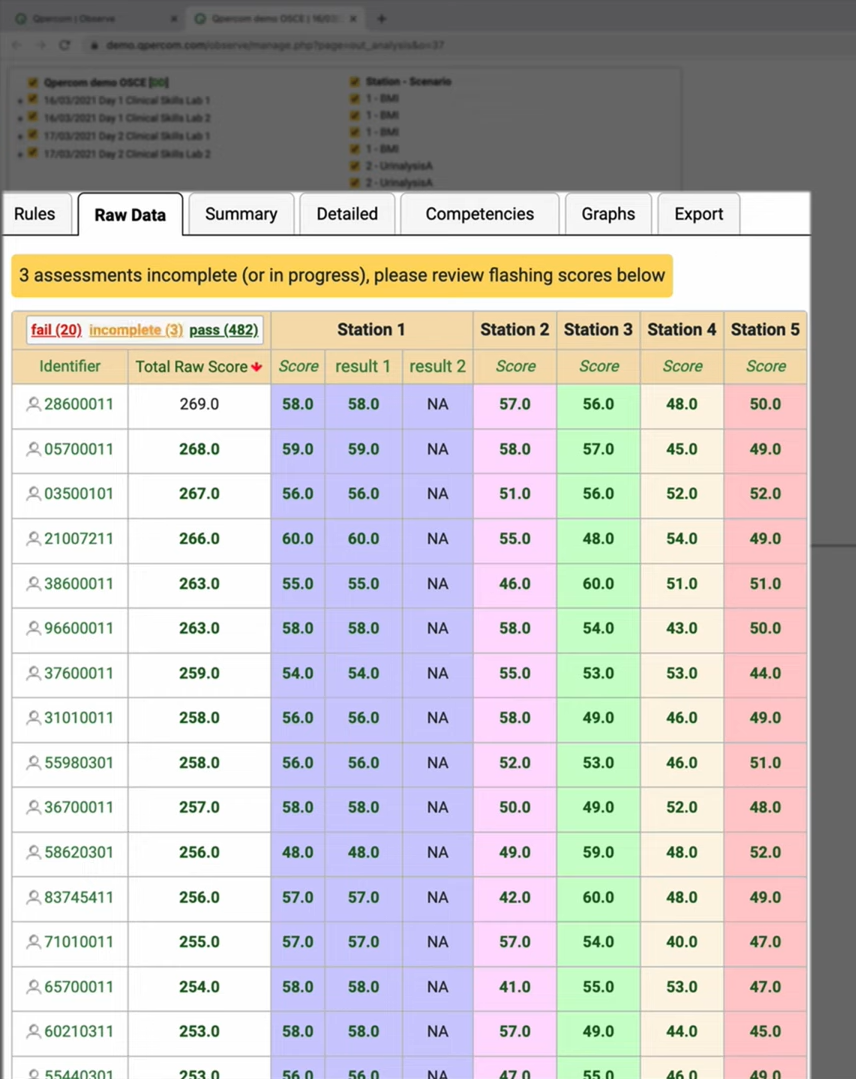
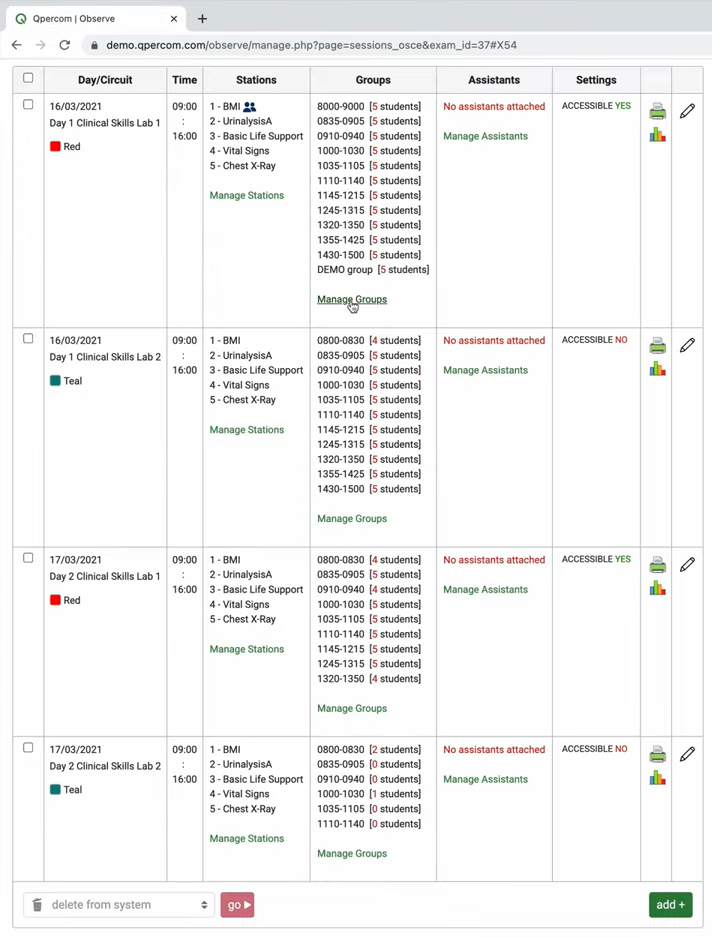
Qpercom Clients
The company has become a global leader with 25 of the world’s leading universities using the digital platform including, the Karolinska Institute in Stockholm, universities of Umeå and Leuven, University of Singapore, University of Galway, College of Psychiatrists, UCD, RCSI and the Irish Medical Council.
St. George’s University in London assesses its students online in four locations worldwide, and the National School of Healthcare Science in Birmingham examines students in 23 healthcare-related disciplines.
An important milestone in 2020, saw the University of Nicosia, Cyprus use Qpercom’s remote video software for international licencing examinations with applicants joining from home all over the world.
The company extended its product offering to the healthcare recruitment sector, where Health Education England is using the software to recruit all Healthcare Professionals in the UK.
Qpercom continues to grow from strength to strength. It has become a global market leader headquartered in Galway, delivering a sustainable business model, employing nine staff, with a turnover of €1.5 million in 2022.

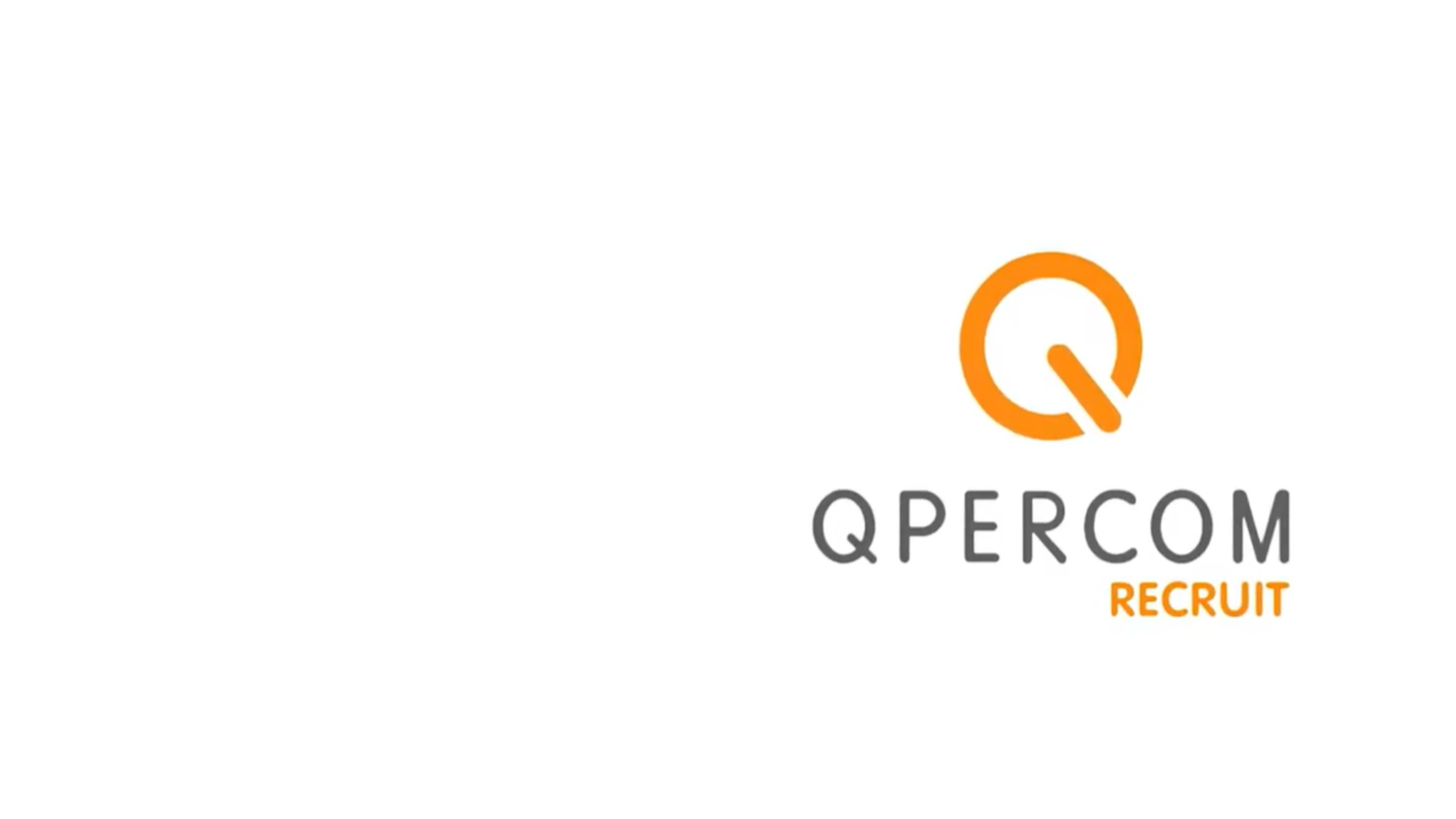
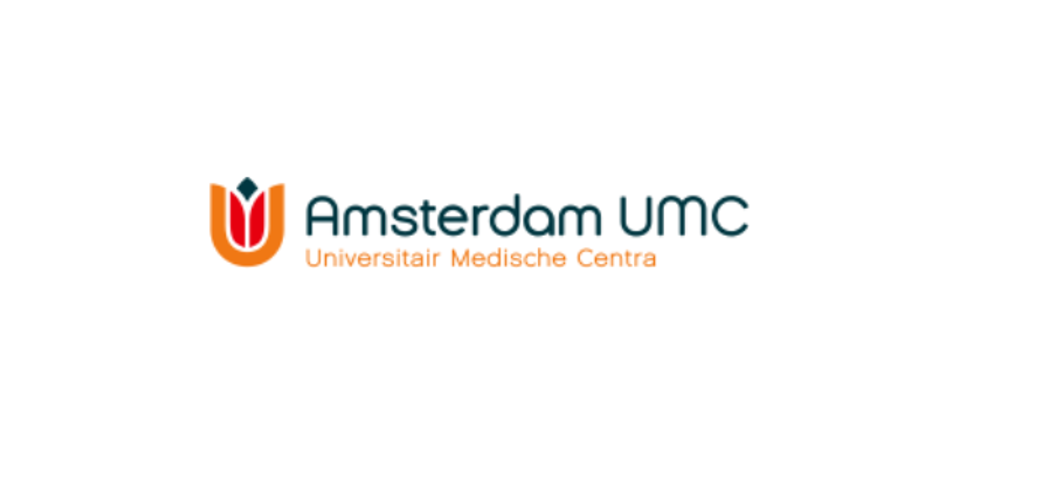
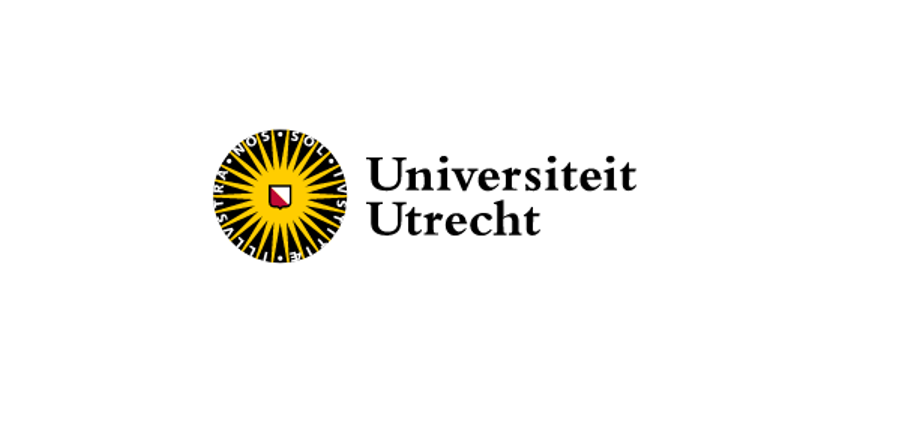
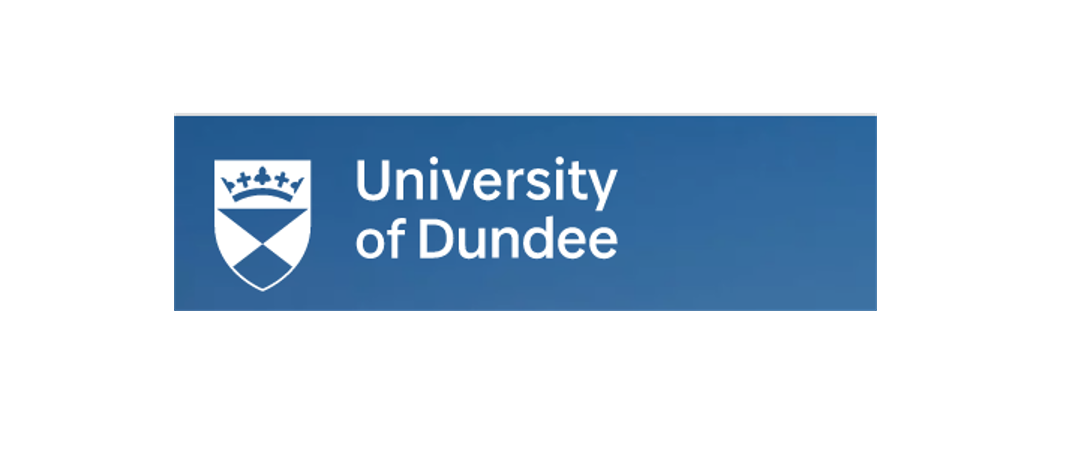
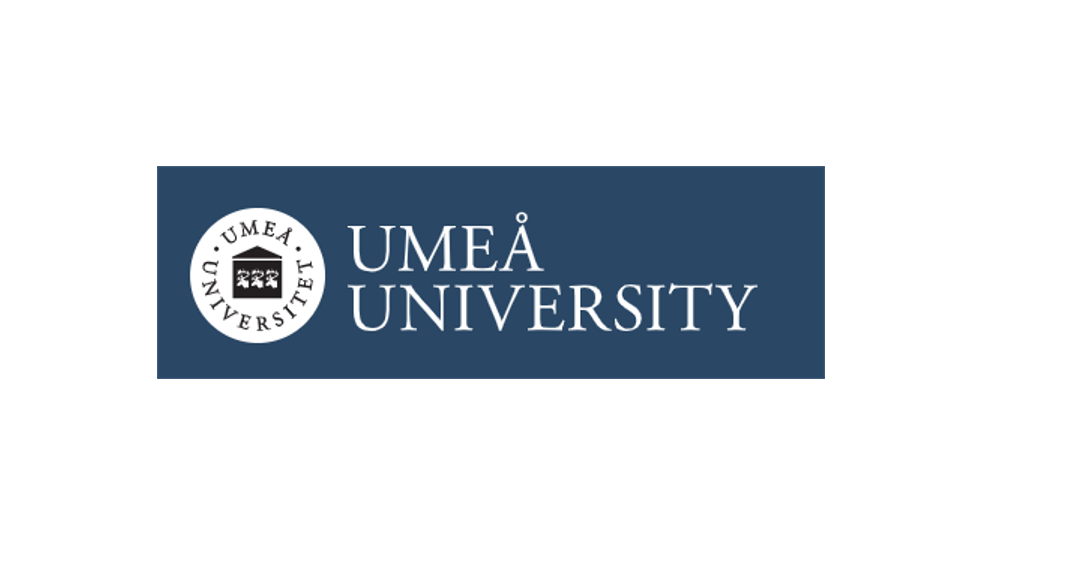

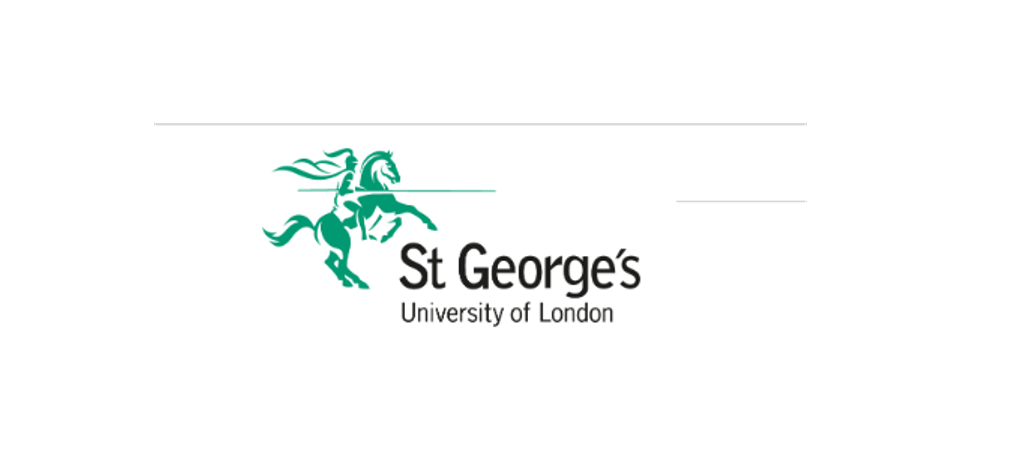
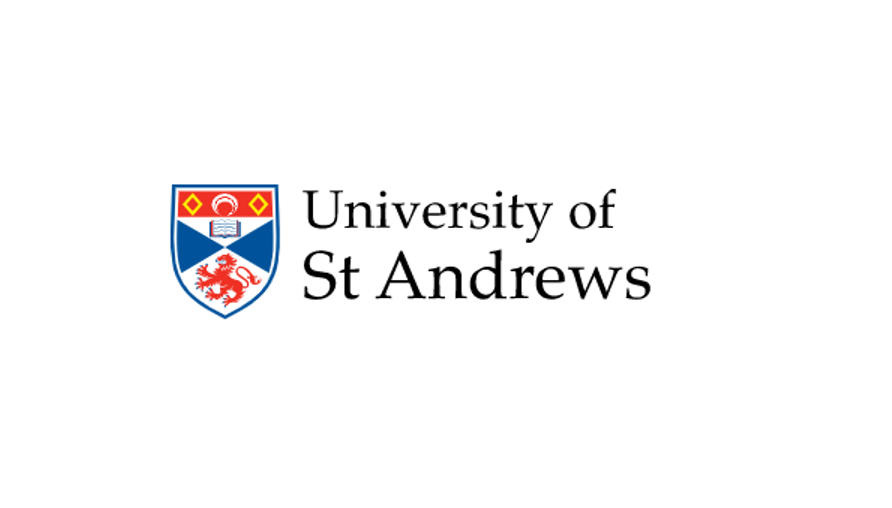
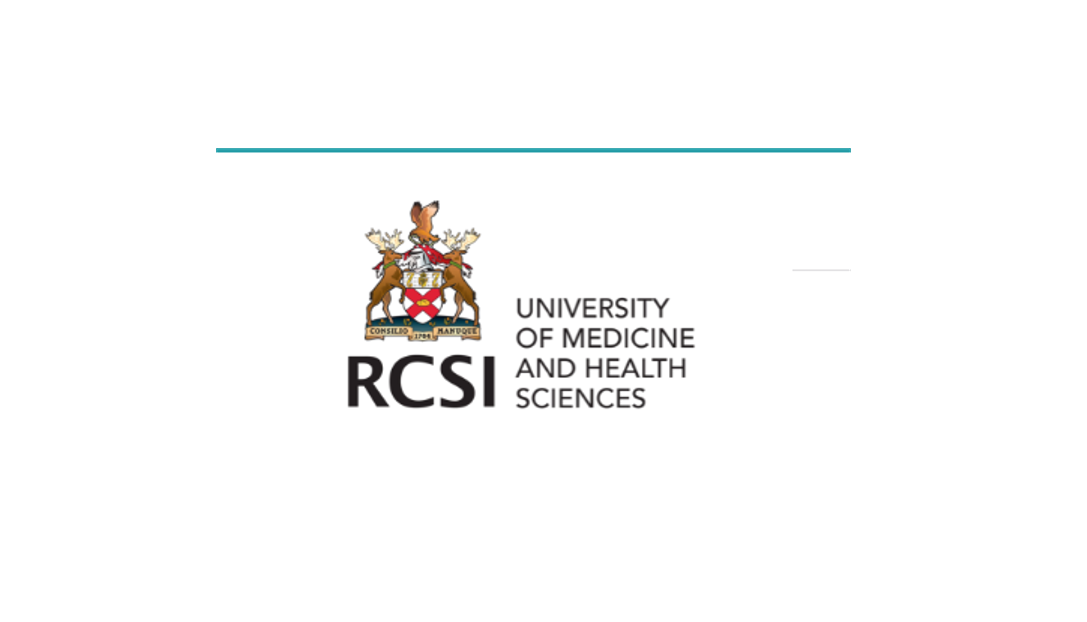

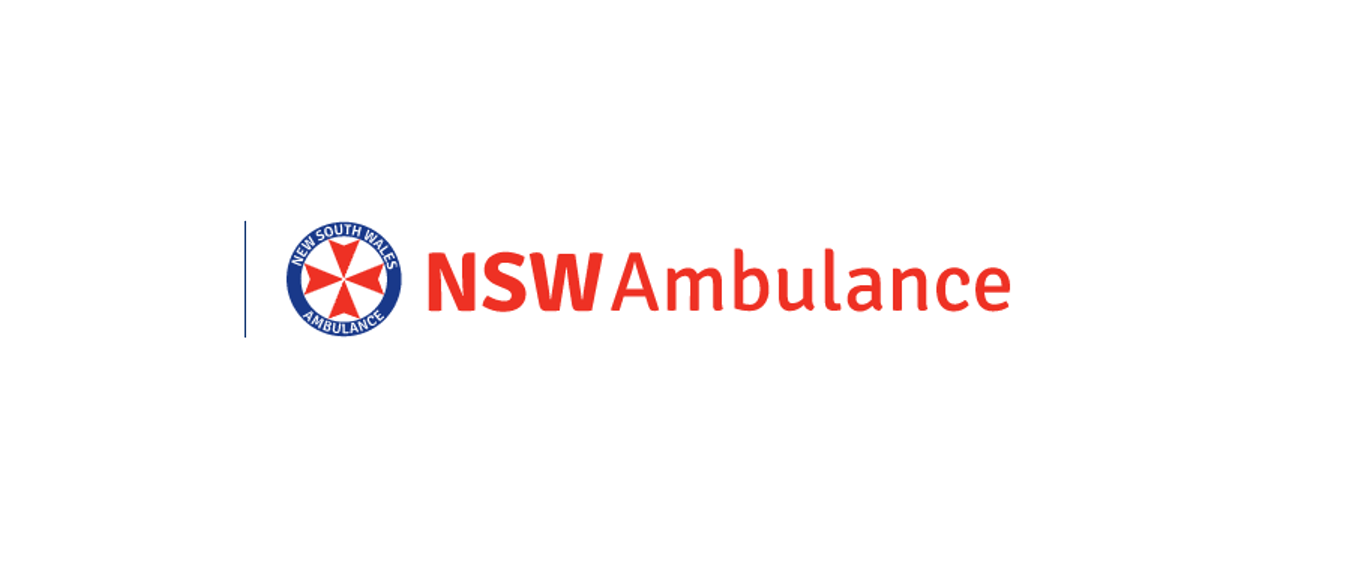
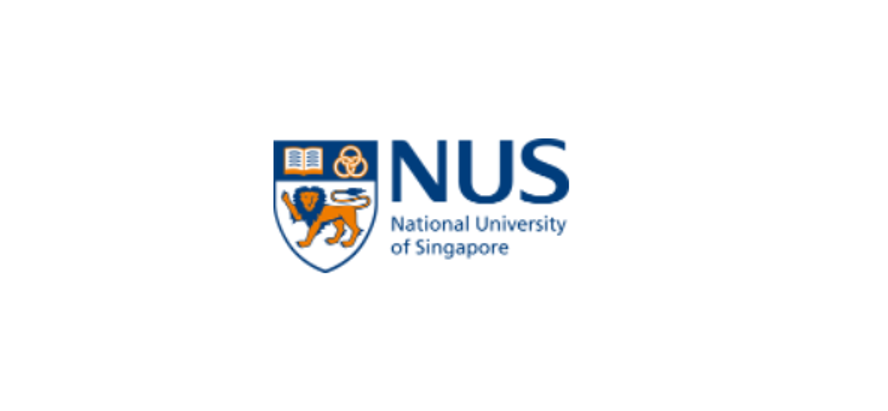
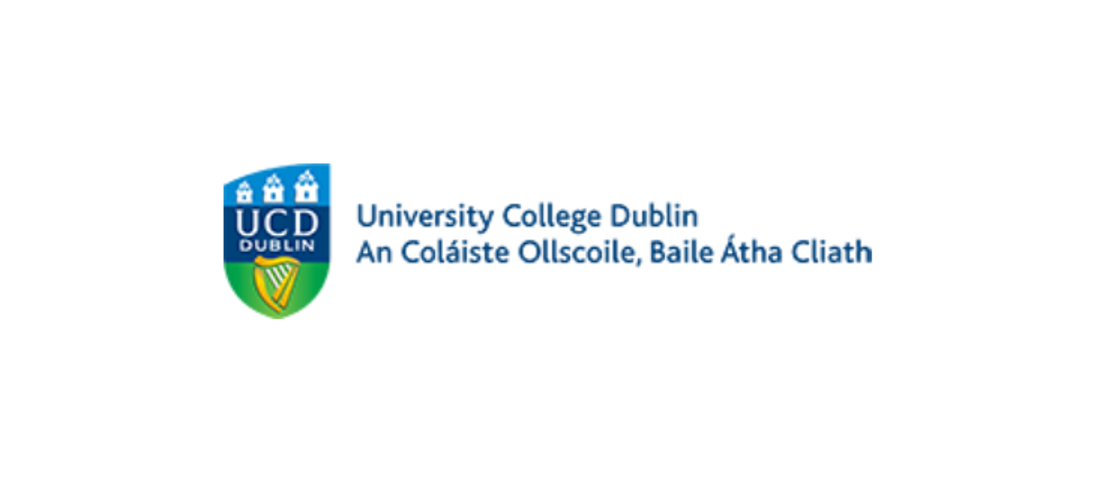
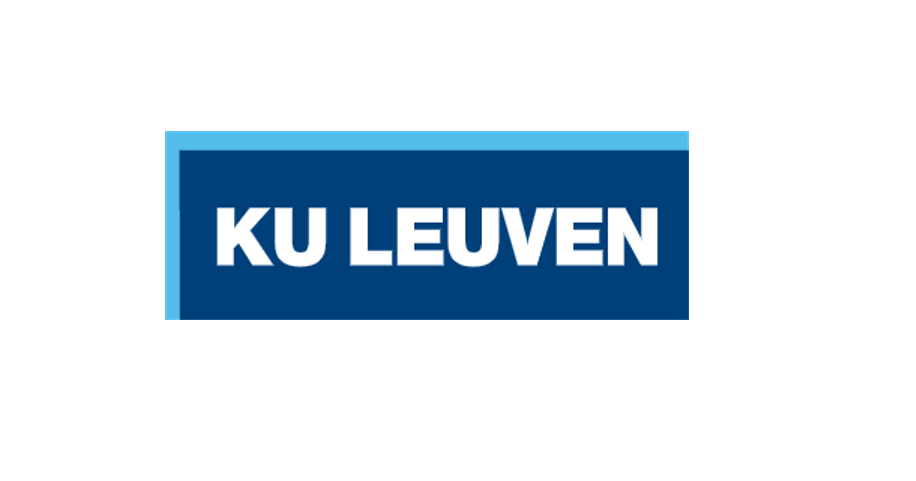
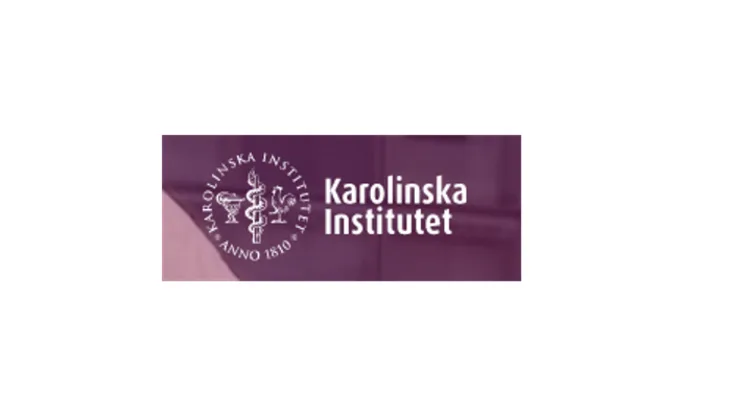
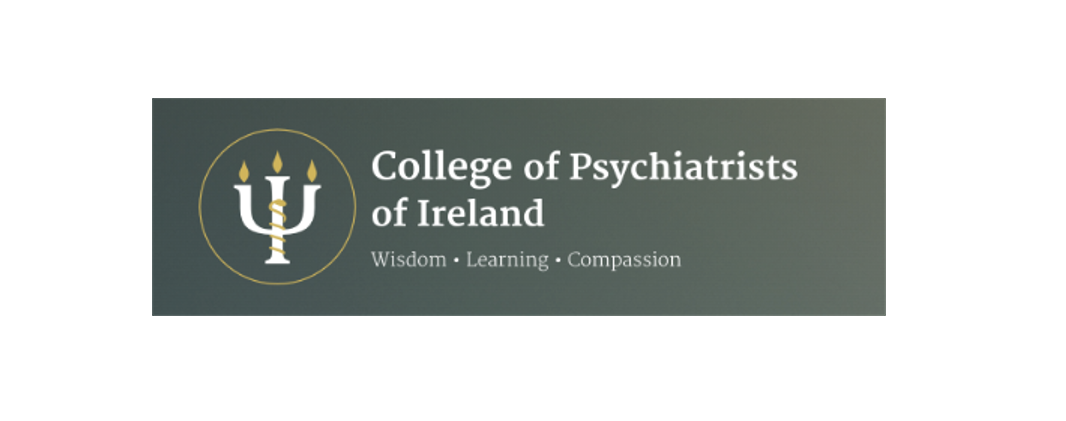
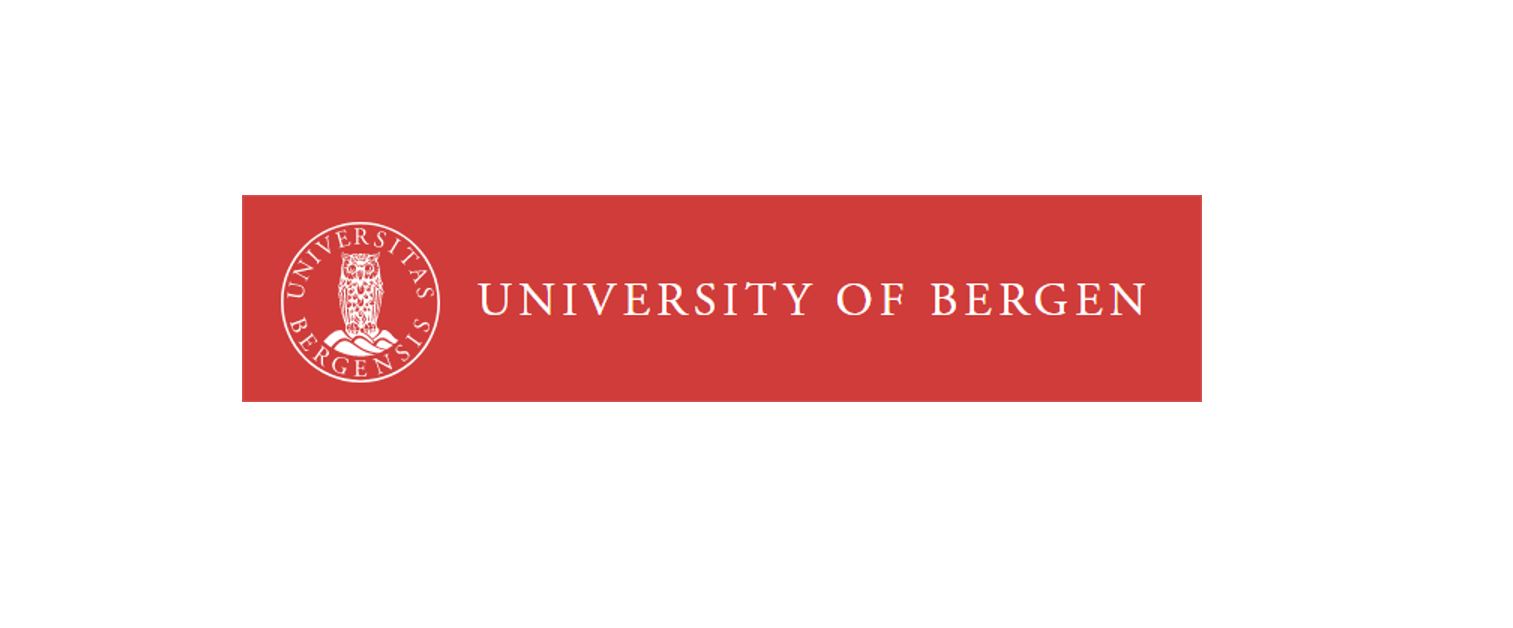
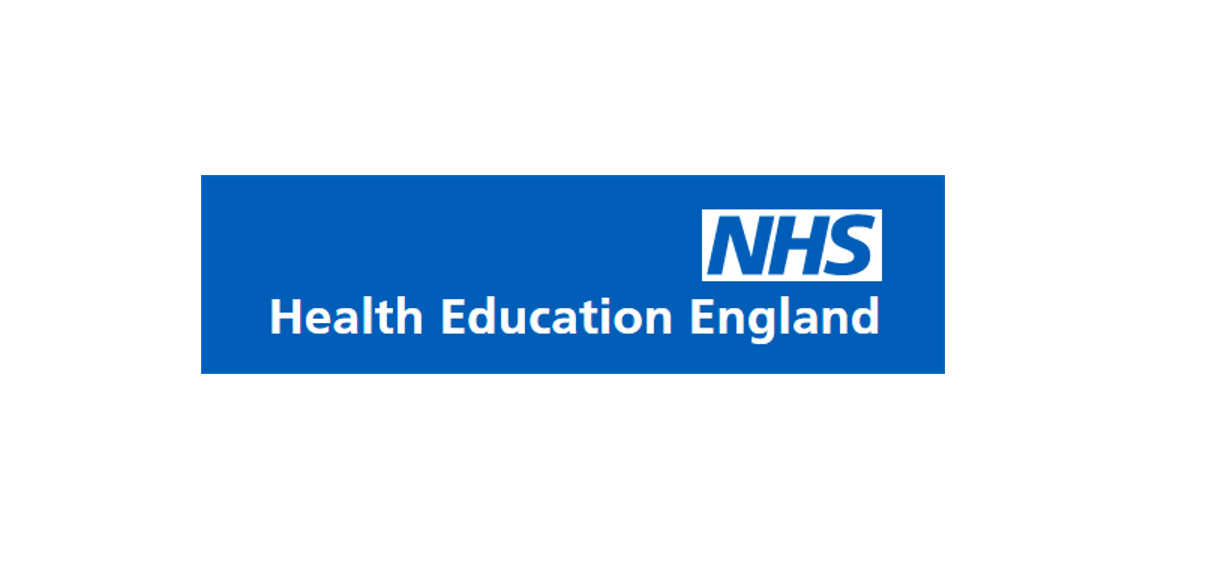
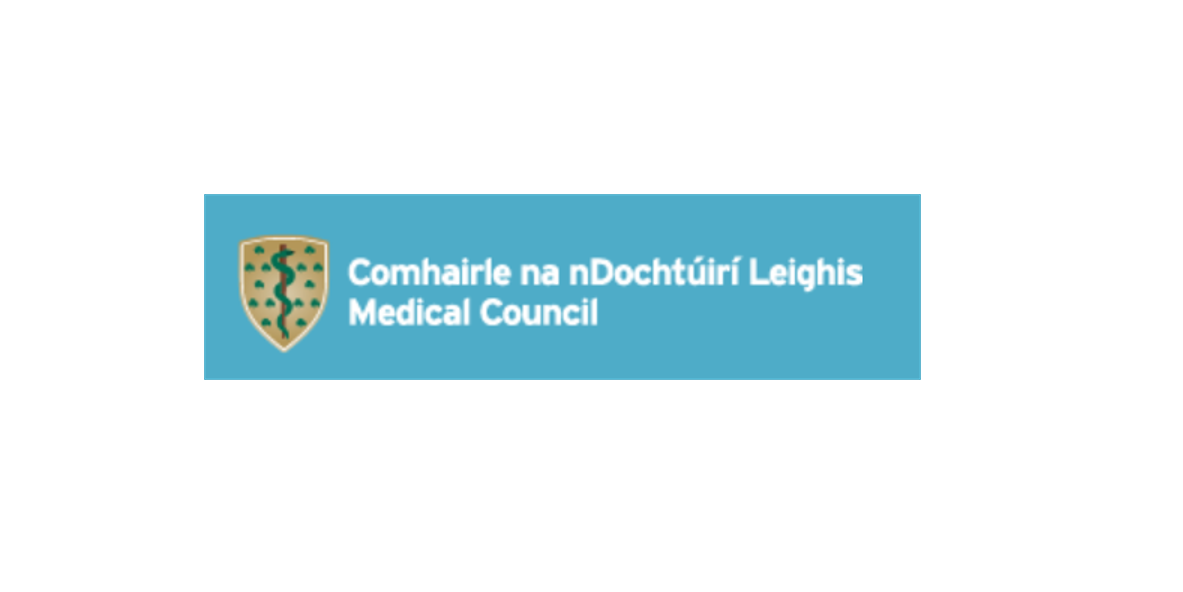
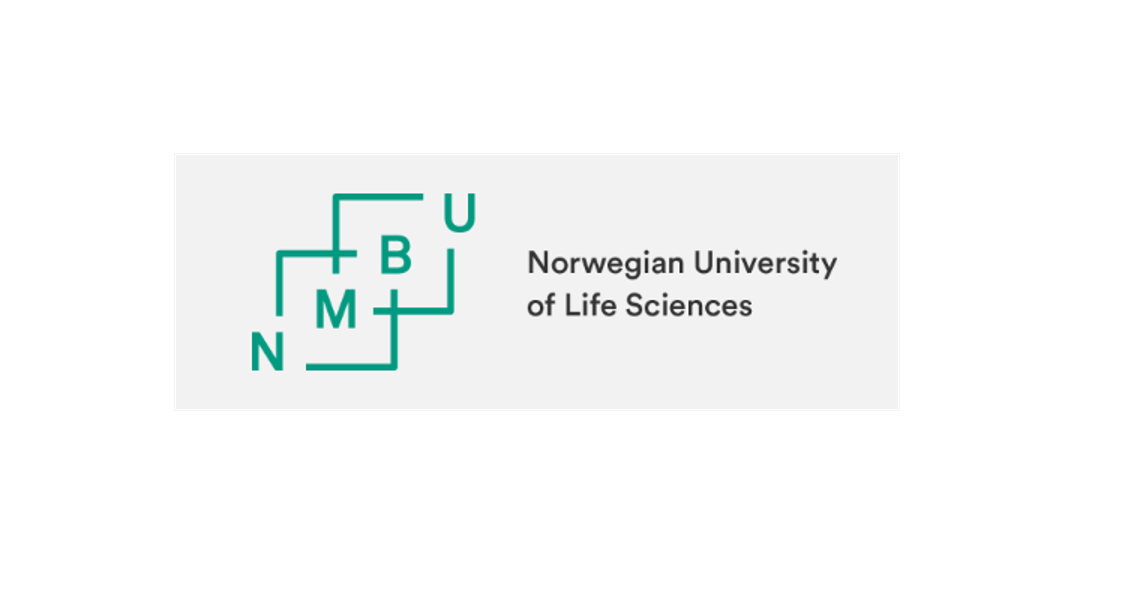
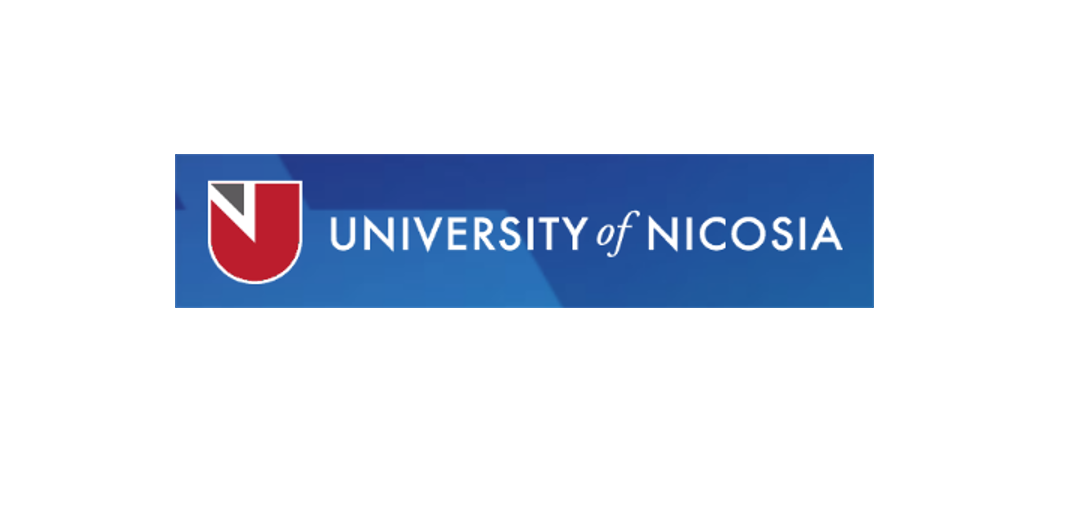




















Qpercom Awards
- Finalist E-Assessment Award Mock-OSCE.com 2022
- All-Ireland Best in Class Remote Assessment Provider 2021
- E-Assessment Award for Qpercom Observe 2019
- Irish Healthcare Awards 2019
- ISO 27001 since 2019
- BOI Innovative Ideas Award 2009

